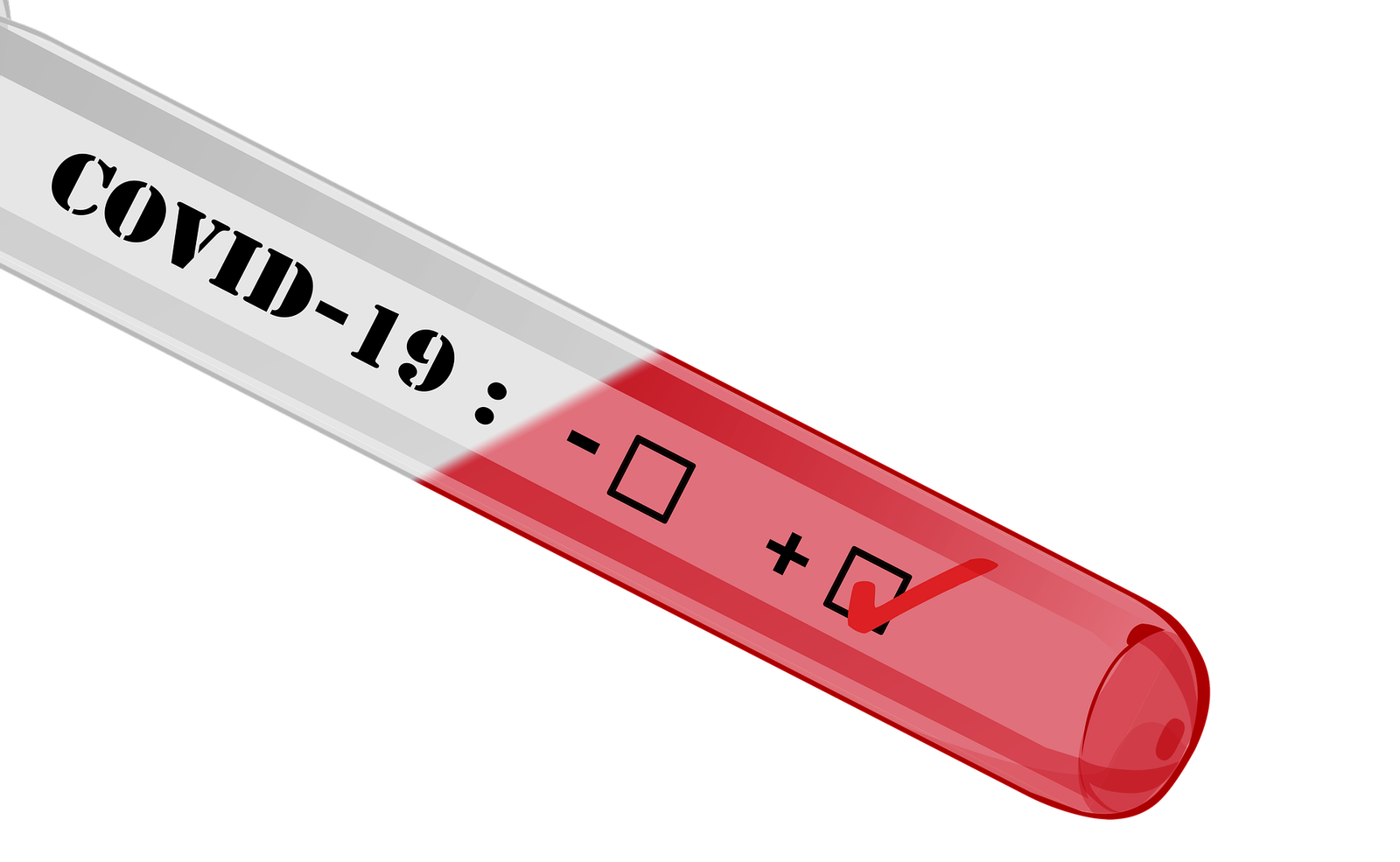A team of scientists at Singapore’s Agency for Science, Technology and Research (A*Star) has developed a new test which will be able to tell if someone is infected with Covid-19 in as fast as five minutes.
They hope to submit the test for approval in a month’s time. The test looks for the genetic material of the virus in a patient’s secretions collected from a swab.
This sample is then put in a portable device that will give
the result in about five to 10 minutes, using an extremely rapid amplification
method that they have named Cepat.
Professor Jackie Ying, who heads the NanoBio Lab at the Agency for Science,
Technology and Research (A*Star) said, “We have done some preliminary clinical
validation at the KK Women’s and Children’s Hospital using real patients’
samples, and found the test to be very sensitive and accurate.”
The team is currently optimising the test for a diverse range of potential
patients and hopes to submit the test for approval in a month’s time.
The test is designed to seek out genetic material of the virus in secretions
from a patient – most commonly saliva and secretions from the nose, both of
which would have small amounts of the virus in an infected person.
These samples are collected using a swab, and fed to a portable device that
will return a result in 5 to 10 minutes.
It uses an extremely rapid method to multiply the genetic
material in the sample (exponentially), called Cepat.
The researchers are hoping to meet the big challenge at hand when it comes to
creating a useful diagnostic tool, Professor Jackie Ying told the Strait Times,
Currently, the tests being used in many countries around the world use the same
principle – of rapidly multiplying the genetic material in a sample and
detecting specific coronavirus genes (small fragments of genetic material that
perform important functions in the virus).
If the genes pop up in the test, the results show as positive.
What sets the Singapore research team’s Covid-19 test apart,
is speed. Their method can “photocopy” the genetic material of the
virus millions of times, and do it at rates of millions of copies per minute,
unlike earlier tests.
It also doesn’t require the use of a Polymerase Chain Reaction (PCR) machine –
the expensive equipment used by research labs to run diagnostic tests.
Instead, it uses an enzyme (a reactive protein) developed by Prof Ying’s lab.
Enzymes, by design, are specific and predictable in the way they work, and only
require the sample to be kept at a fixed temperature for the 5-10 minute
duration of the test.
It would be best if a fast test can pick up the infection from a patient at
various stages of the disease, regardless of whether he has a high or low viral
load, Prof Ying told the Times.
Within the month, the team is eager to tell the world they’ve succeeded.






